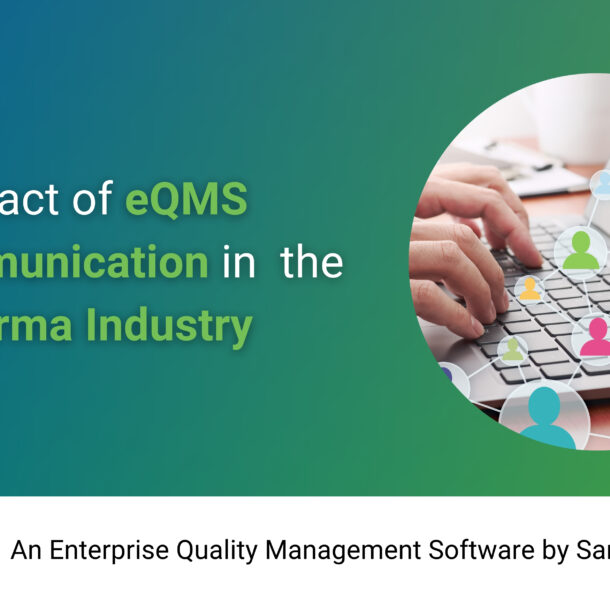
- Home
- Solutions
- Quality Processes
- Change Control
- Deviation
- Investigation
- CAPA Management Software
- Market Complaint
- Document Control
- SOP
- Protocol
- Work Instruction
- Specification
- Controlled Copy Release (Doc Issuance)
- Electronic Training Records
- eLearning
- Training Records Management
- Training Scheduling
- Product Quality Review (PQR)
- Vendor Quality
- Bundled Packages
- Resources
- About
- Contact us
Best Practices for Effective Vendor Qualification Management
In the pharmaceutical industry, picking and managing the right vendors is crucial for maintaining high quality and reliability. Vendor Qualification Management (VQM) helps companies choose, evaluate, and monitor their suppliers to ensure they meet high standards. Here are some straightforward best practices for effective VQM.
Key Best Practices
Comprehensive Vendor Assessment
- Start with a thorough evaluation of potential vendors. Look into their manufacturing capabilities, quality control processes, regulatory compliance, and financial stability. On-site audits and reviewing past performance offer great insights into their reliability and quality.
Clear Communication of Requirements
- Clearly outline your quality standards, regulatory requirements, and expectations. Providing detailed specifications and guidelines helps vendors understand exactly what is needed and ensures they can consistently meet these standards.
Risk-Based Approach
- Focus your efforts on vendors with the highest impact on product quality and patient safety. Identify and assess risks to effectively allocate resources and mitigate critical risks.
Continuous Monitoring and Evaluation
- Keep monitoring and evaluating vendors regularly. Use periodic audits, performance reviews, and quality assessments to ensure ongoing compliance. Establish key performance indicators (KPIs) to track vendor performance and maintain high standards.
Collaboration and Partnership
- Build strong, transparent relationships with your vendors. Work together to address issues, share best practices, and improve processes. Regular communication and feedback help in creating a strong partnership that benefits both parties.
Documentation and Traceability
- Maintain thorough documentation of all vendor assessments, audits, and communications. Securely store this information for traceability and accountability, which also helps in meeting regulatory requirements.
Leveraging Technology
- Use advanced VQM software to automate data collection, analysis, and reporting. These tools offer real-time insights, enhance efficiency, and facilitate smooth communication with vendors.
Effective Vendor Qualification Management is key to ensuring high-quality suppliers in the pharmaceutical industry. By following best practices like thorough assessments, clear communication, a risk-based approach, continuous monitoring, collaboration, and leveraging technology, you can build a solid VQM process. This not only guarantees high-quality products but also improves regulatory compliance and strengthens supplier relationships.
Learn how to master Vendor Qualification Management with best practices for thorough assessments, clear communication, and continuous monitoring. Discover how leveraging technology can streamline your process.
Related Articles
QEdge Quality Management Software Suite
Contact Us
6th Floor, Arista, 100 Feet Anand Nagar Rd, Jodhpur Village, Ahmedabad, Gujarat 380015
Phone : +91-79-66214899
Email: sarjen@sarjen.com




